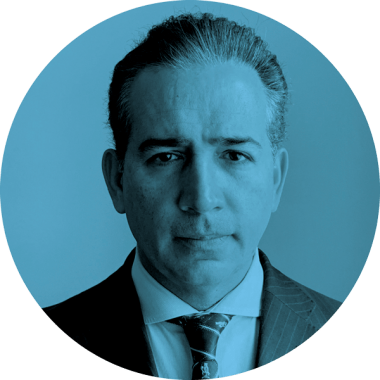At our new vaccination site of Walthamstow Library, we’ve now delivered tens of thousands of vaccines since March.
But lately, we’ve been finding ourselves to be ‘log-jammed’. We weren’t allowed to move down past the ninth cohort, being told that there are just under 300,000 residents in our borough, with many thousands of vaccine-hesitant patients remaining entirely unvaccinated.
Fellow GPs across Waltham Forest are not only sympathetic to the cause, but have worked together exceptionally hard and tried tactics like calling, texting and sending letters to these groups. In fact, all GP practice members and new GP team recruits via ARRS were deployed to contact patients.
What we need is for partners like public health departments, CCGs, ICSs and local authorities to understand that the issue is complex, without a straightforward solution.
What we’ve been facing isn’t vaccine hesitancy. No, at this stage of the delivery process, it’s vaccine opposition.
What’s required is a national think tank for vaccine opposition, which may even help to improve take-up of childhood vaccinations too. The Covid campaign has reignited the argument that Public Health England and NHS England don’t have a major part to play in setting up a vaccine endorsement plan nationally. Instead, we need professionals who know the grassroots well. Without a strategy, there’s a very good chance that we won’t achieve herd immunity, and may in fact find ourselves back where we started.
Like with the MMR and associated morbidity scandal – now disproved of course – there is, for whatever reason, a significant subsidence in patient trust in vaccines. Therefore, we must address the issue of vaccine opposition head-on, not simply call it ‘hesitancy’ and file it in the ‘pending’ tray.
Dr Sanjoy Kumar is a GP partner and PCN clinical director in Waltham Forest, North East London
Pulse October survey
Take our July 2025 survey to potentially win £1.000 worth of tokens












